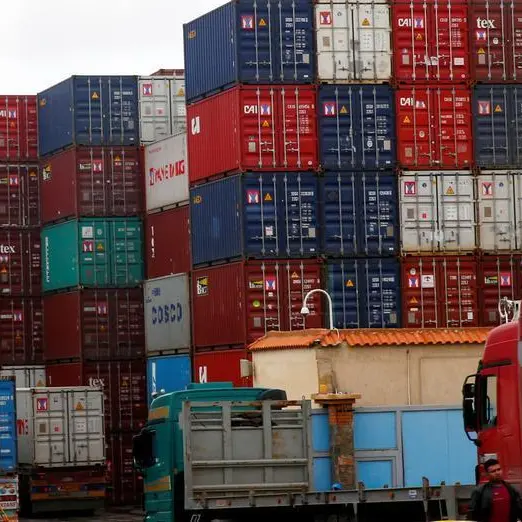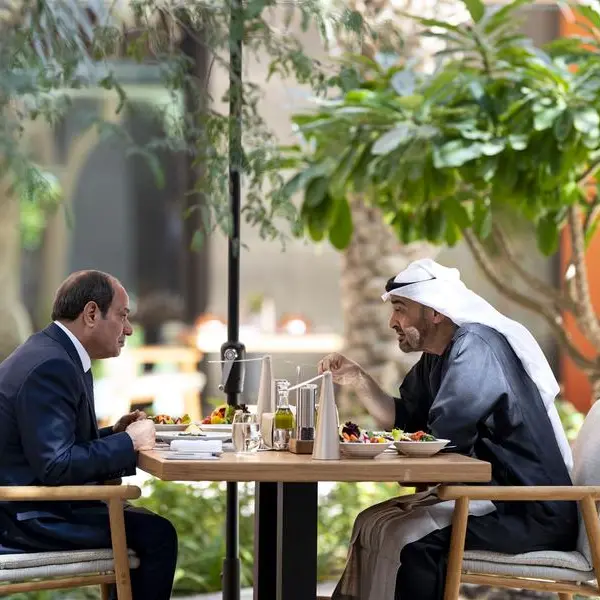PHOTO
Tunis: Minister of Environment, Habib Abid, stated on Wednesday that despite all efforts to mitigate the effects of climate change, Tunisia has not been able to achieve its set goals due to a lack of funding and investments.
However, he noted that Tunisia has recently regained the trust of international financiers and organisations.
Abid added, "We are in the process of reintegrating into global systems and funds. In this regard, we have signed several agreements in 2024 with various countries, enabling us to secure investments, such as agreements in the field of clean energy in cooperation with Japan, including the establishment of two energy production plants in Kairouan and Sidi Bouzid.
We have also completed waste valorisation plants in Sousse and Djerba, with another plant planned in Beja."
He pointed out that the National Climate Policy Plan, spanning five years, has seen the involvement of several ministries (Industry, Mines, and Energy; Agriculture, Water Resources, and Fisheries; Finance, Economy, and Planning; and Environment), as well as private sector institutions and international financiers.
Abid emphasised that the Paris Agreement obliges all countries to present programmes to reduce greenhouse gas emissions and address climate change.
He noted that Tunisia, like other countries, is threatened by climate change, including rising temperatures and declining rainfall, especially over the past five years.
Therefore, "we wanted to send a message to the world that Tunisia is committed to fulfilling its obligations in various sectors, such as transportation, industry, and energy consumption."
On another note, he highlighted the launch of the "Green Belt" project by the Ministry. This project involves a 25-kilometre stretch starting from the Gulf of Gabes towards Sfax Governorate, extending through Kairouan, Sidi Bouzid, Gafsa, and Kasserine, up to the Tunisian-Algerian border.
The project includes afforestation, pastoral development, valorisation of agricultural and environmental resources, and leveraging the economic potential of the region.
It aims to transform the area into a comprehensive development zone, incorporating various types of agriculture (biological and conventional), the use of treated water, the establishment of agricultural value chains, and the promotion of women in agriculture and renewable energy.
Abid added: "The idea was launched two months ago, and we are now in the process of introducing this project and securing the necessary investments, especially since the Ministry of Industry, Mines, and Energy has expressed its readiness to support the Ministry of Environment in this endeavour."
The project also aims to protect the Gulf of Gabès and the mining basin from pollution, he said.
Minister of Agriculture, Water Resources, and Fisheries, Ezzeddine Ben Cheikh, stated that Tunisia has experienced five consecutive years of drought, confirming that climate change is an undeniable reality. He explained that the ministry has developed a water strategy for 2050 to address the effects of climate change, focusing on alternative solutions such as non-conventional water resources, wastewater treatment, and seawater desalination.
However, these solutions are costly and energy-intensive, highlighting the need to balance environmental preservation with increasing water demands.
Ben Cheikh noted that due to uneven rainfall distribution, the state has built major dams in the north and transferred water to regions with scarce rainfall.
However, water transfer, whether through gravity or pumping, contributes to climate pollution and consumes significant energy.
He added that future plans for the Ministry of Agriculture involve adopting energy-consuming projects while simultaneously launching projects to produce affordable alternative energy to control costs.
The ministry is also moving towards constructing underground dams instead of surface dams, which experience significant water evaporation.
This approach aims to save substantial amounts of water and manage the increasing demand by selecting crops that require less water, given Tunisia's water scarcity.
Ben Cheikh explained that the water poverty threshold is 100 cubic meters per person per year, while Tunisia currently has an average of 430 cubic meters per person per year.
By 2030, this figure is expected to drop to 360 cubic meters per person per year, underscoring the urgent need for effective water resource management.
© Tap 2022 Provided by SyndiGate Media Inc. (Syndigate.info).





















